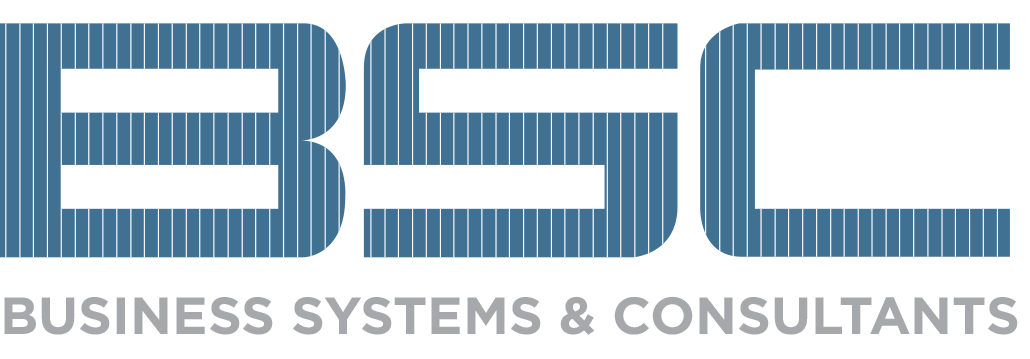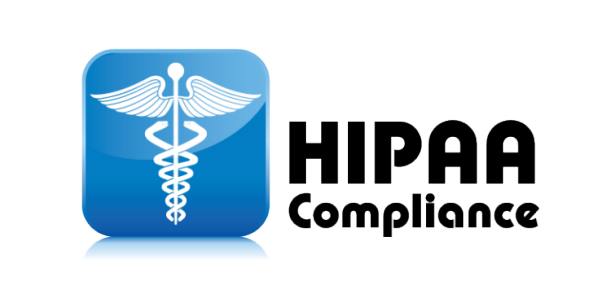The Health Insurance Portability and Accountability Act (HIPAA) is the first federal law that thoroughly addresses health privacy. There are three main sections of HIPAA: electronic transactions, privacy, and security. The HIPAA Privacy Rule covers regulations on electronic and hard copy medical records. These records are notoriously vulnerable to security violations. These risks range from security access breaches to common human errors. These two elements make the security section of HIPAA a challenge for medical providers and other organizations that are not even related to the healthcare field.
Virtually every activity within your facility involves creating electronic records that may need to be managed. Hospitals and other healthcare institutions create thousands of electronic transactions, e-mails, and paper records.
How can you ensure your medical office filing systems have maximum security while remaining accessible to your employees? We have put together a few tips for HIPAA compliance.
- Specify a Secure Location for Medical Files
Always have a separate storage space for paper charts and medical files, away from other files and supplies. Storing medical records with general records poses a huge risk of exposing private patient information to individuals who do not have approved access. Medical records and patient information should be stored somewhere that is not accessible to unauthorized employees. Installing a specific storage system for medical records storage will help prevent patient confidentiality breach. With a secure storage solution, you can ensure medical files will be protected even if they are moved throughout your facility.
- Establish Strict Handling Procedures
A secure storage location is a great starting point. However, without firm policies on viewing and handling of these records, they become increasingly vulnerable. Written rules and policies remind and hold record handlers responsible for ethical standards. It is important to have these regulations written and accessible for all individuals involved in the medical records storage and handling process.
- Ensure Understanding of the Laws and Regulations
Once you have a proper storage system and set procedures, it is important to be sure that all individuals are on the same page. Consider providing regular training and presentations on HIPAA and your own facility’s procedures for both new and existing employees. Educate your staff on ethical interaction with private patient information. Be sure that everyone in your facility knows what the HIPAA Privacy Rule involves and prepare them to comply with its regulations.
Maintaining patient records in a compliant manner remains a major challenge for many healthcare organizations. This is complicated by a variety of departments, a huge number of patients every day, and the many different forms of documents that patient information can be found on. Business Systems & Consultants, Inc. has solutions that will keep you HIPAA compliant. Our filing and storage solutions such as medical mobile shelving, high density storage, and document management services are perfect for your designated medical records storage location. Click here to discover our full range of products and services. Call us today to find out how we can help! (205) 988-3300

